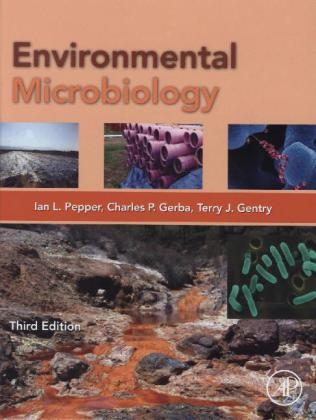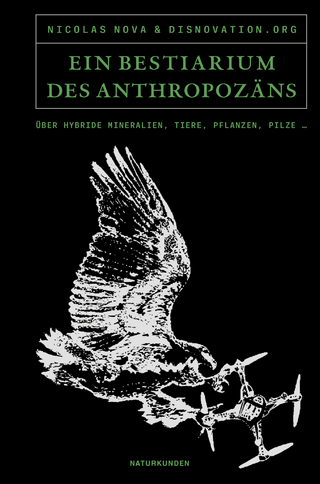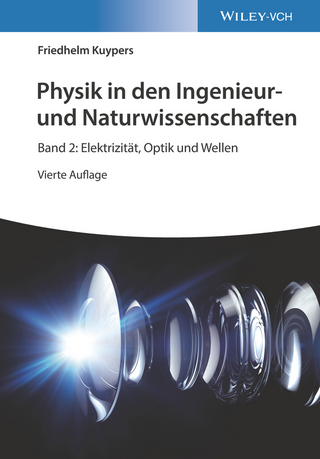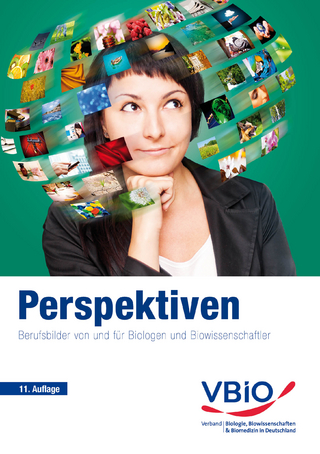
Environmental Microbiology
Academic Press Inc (Verlag)
978-0-12-394626-3 (ISBN)
Dr. Ian Pepper is a Regents Professor at the University of Arizona and also the Director of the University of Arizona Water and Energy Sustainable Technology Center (WEST). He is an environmental microbiologist whose research has focused on the fate and transport of microbial pathogens in air, water, soils and municipal wastes. His expertise has been recognized by membership on six National Academy of Sciences Committees. Dr. Pepper is a Fellow of the American Association for the Advancement of Science, the American Academy of Microbiology, the Soil Science Society of America, and the American Society of Agronomy. He is the author or co-author of seven textbooks and over 200 peer-reviewed journal articles. Dr. Charles P. Gerba is a Professor at the University of Arizona. He conducts research the transmission of pathogens through the environment. His recent research encompasses the transmission of pathogens by water, food and fomites; fate of pathogens in land applied wastes; development of new disinfectants; domestic microbiology and microbial risk assessment. He has been an author on more than 500 articles including several books in environmental microbiology and pollution science. He is a fellow of the American Academy of Microbiology and the American Association for the Advancement of Science. In 1998 he received the A. P. Black Award from the American Water Works Association for outstanding contributions to water science and in 1996 he received the McKee medal from the Water Environment Federation for outstanding contributions to groundwater protection. He received the 1999 Award of Excellence in Environmental Health from National Association of County and City Health Officials. Dr. Terry Gentry is a Professor at Texas A&M University and is also the Director of the Soil and Aquatic Microbiology Laboratory (SAML). He is an environmental microbiologist specializing in the development and use of molecular technologies to enhance the detection and remediation of environmental contamination. This includes the detection and identification of microbial pathogens from animal, human, and natural sources and also the characterization of microbial populations and communities contributing to applied remediation processes such as the bioremediation of organic and metal contaminants. He teaches undergraduate and graduate courses in soil and water microbiology. He is the author or co-author of two textbooks; 16 book chapters; and over 100 peer-reviewed journal articles.
1. Introduction to Environmental Microbiology
2. Microorganisms Found in the Environment
3. Bacterial Growth
4. Earth Environments
5. Aeromicrobiology
6. Aquatic Environments
7. Extreme Environments
8. Environmental Sample Collection and Processing
9. Microscopic Techniques
10. Cultural Methods
11. Physiological Methods
12. Immunological Methods
13. Nucleic Acid-Based Methods of Detection
14. Microbial Source Tracking
15. Microbial Transport in the Subsurface
16. Biogeochemical Cycling
17. Micoorganisms and Organic Pollutants
18. Microorganisms and Metal Pollutants
19. Microbial Diversity and Interactions in Natural Ecosystems
20. Microbial Communitation: Bacteria-Bacteria and Bacteria-Host
21. Bioinformation and "Omic" Approaches to Characterization/Microbial Communities
22. Environmentally Transmitted Pathogens
23. Indicator Microorganisms
24. Risk Assessment
25. Municipal Wastewater Treatment
26. Land Application of Organic Residuals: Municipal Biosolids and Animal Manures
27. Recycled Water Treatment and Reuse
28. Drinking Water Treatment and Distribution
29. Disinfection
30. Domestic and Indoor Microbiology
31. Global Emerging Microbial Issues in the Anthropocene Era
| Verlagsort | San Diego |
|---|---|
| Sprache | englisch |
| Maße | 210 x 279 mm |
| Gewicht | 2290 g |
| Themenwelt | Naturwissenschaften ► Biologie ► Allgemeines / Lexika |
| Naturwissenschaften ► Biologie ► Mikrobiologie / Immunologie | |
| Technik ► Umwelttechnik / Biotechnologie | |
| Schlagworte | Mikrobiologie |
| ISBN-10 | 0-12-394626-3 / 0123946263 |
| ISBN-13 | 978-0-12-394626-3 / 9780123946263 |
| Zustand | Neuware |
| Haben Sie eine Frage zum Produkt? |
aus dem Bereich


